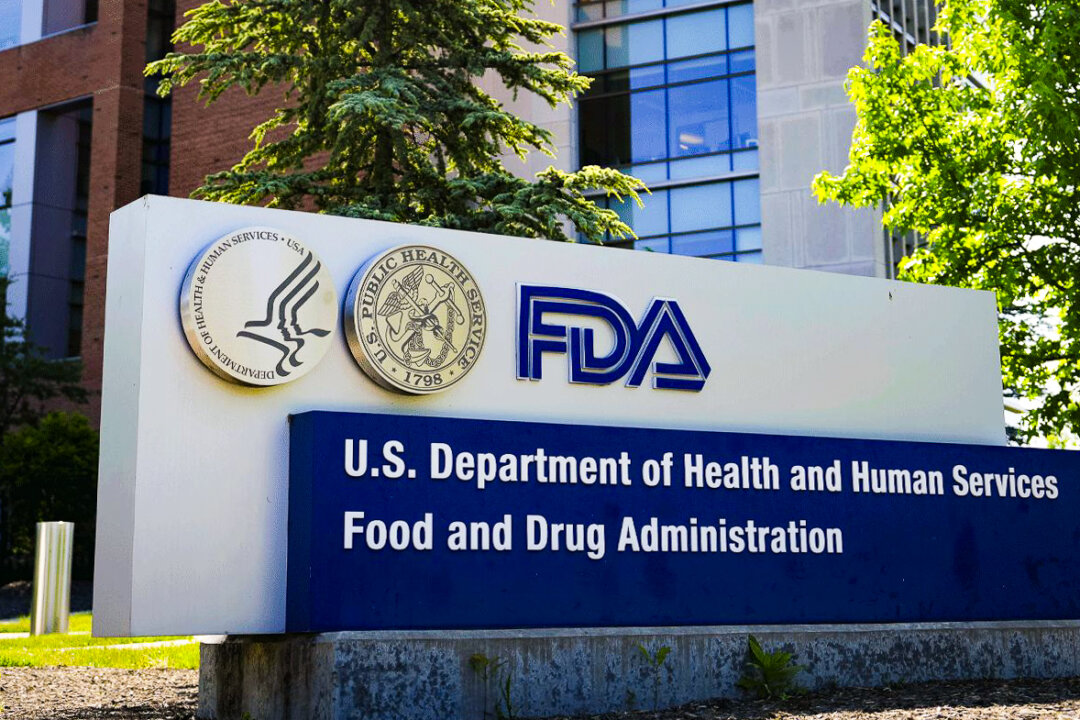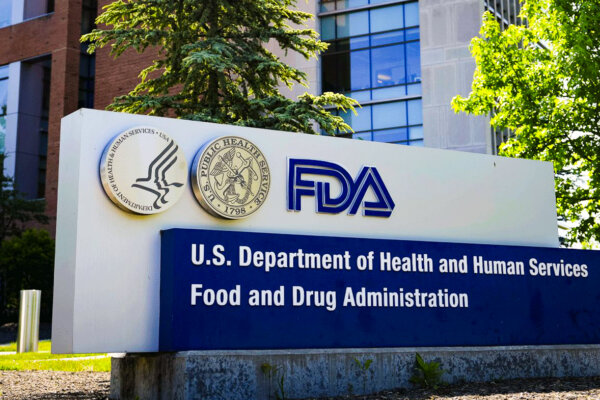FDA Finds Safety Signals for Updated COVID-19 Vaccines
Updated COVID-19 vaccines may cause heart inflammation and severe allergic shock, according to a new study from the U.S. Food and Drug Administration (FDA).
Researchers with the FDA, the U.S. National Institutes of Health, and companies like CVS looked at health care databases to try to figure out if there were signs the Moderna and Pfizer bivalent COVID-19 vaccines might be linked to any health issues.
They found several safety signals. One signal was for myocarditis, a form of heart inflammation, and a related condition called pericarditis following Pfizer vaccination in adults aged 18 to 35. Another was for anaphylaxis, or severe allergic shock, following Moderna and Pfizer vaccination in people aged 18 to 64.
The signals were detected in a database from Carelon Research.
The incidence rate for anaphylaxis was 74.5 cases per 100,000 person-years following Pfizer vaccination and 109.4 cases per 100,000 person-years following Moderna vaccination.
Researchers arrived at an incidence rate of 131.4 cases of myocarditis/pericarditis per 100,000 person-years after a Pfizer shot.
No stratification was done by gender, despite myocarditis, according to many studies, disproportionately affecting males.
Additional issues were also identified in the four databases that were analyzed, but none rose to the level of a safety signal, a set criteria that is an indication of a vaccine causing an issue.
The study analyzed data from people aged 6 months and older from August 2022 to July 2023. The bivalent shots were replaced soon after by updated vaccines because their effects, which already started low, were shown to wane in observational studies.
Researchers only included people who were continuously enrolled in an insurance plan and did not suffer health issues during a “clean interval,” or if the health outcome in question did not occur during a certain interval.
“References for the clean interval could not be located in the literature and are based on clinician input,” the authors said in a footnote.
Pfizer and Moderna, which make COVID-19 shots that utilize modified messenger RNA (mRNA), did not return inquiries.
FDA Response
Patricia Lloyd, an FDA researcher, and her co-authors said the study “supports the safety of these vaccines” and “supports the conclusion that the benefits of vaccination outweigh the risks.”
Asked for evidence to support those conclusions, Ms. Lloyd referred a request for comment to the FDA.
“With over a billion doses of the mRNA vaccines administered, available scientific evidence supports the conclusion that the vaccines are safe and effective. The FDA stands behind its findings of quality, safety, and efficacy for the mRNA vaccines. Additionally, it is simply a fact that millions of lives have been saved because of the COVID-19 mRNA vaccines, which most Americans undergoing vaccination have received,” an FDA spokesperson claimed.
Dr. Peter McCullough, a cardiologist and president of the McCullough Foundation, told The Epoch Times in an email that results from the paper show “cardiovascular and neurological safety events are numerous and unacceptable on a population basis.”
Dr. McCullough, who was not involved with the paper, noted that the study did not analyze COVID-19 vaccine effectiveness.
“The FDA’s conclusion on risk benefit is not valid and reflects agency bias in attempting to promote the unsafe, ineffective products,” he said. “Our regulatory agencies should not be promoting or advertising the products they are charged with regulating.”
The FDA clears vaccines. The agency in 2022 authorized and approved the bivalent vaccines despite there being no clinical trial data available.
Limitations of the new paper included the lack of medical record review. Many authors reported their employment for health care companies as conflicts of interest.
“We found the number of myocarditis reports in VAERS after COVID-19 vaccination in 2021 was 223 times higher than the average of all vaccines combined for the past 30 years,” the researchers said.
Applying causality principles, the researchers said that COVID-19 vaccination was “strongly associated with a serious adverse safety signal of myocarditis, particularly in children and young adults resulting in hospitalization and death.”
Federal officials have said that the COVID-19 vaccines cause myocarditis, pericarditis, and anaphylaxis, but that the vaccines also provide protection against infection and severe illness, tilting the risk-benefit balance in their favor. They have increasingly cited, in lieu of clinical trials, observational studies from the FDA and U.S. Centers for Disease Control and Prevention (CDC), some of which lack peer review.
Current U.S. recommendations are for essentially all Americans aged 6 months and older to get one of the newest COVID-19 vaccines, introduced in 2023. That contrasts with a number of other countries, such as the United Kingdom, which have stopped offering or no longer recommend COVID-19 vaccination for wide swaths of their populations.
This article has been archived for your research. The original version from Epoch Times can be found here.






